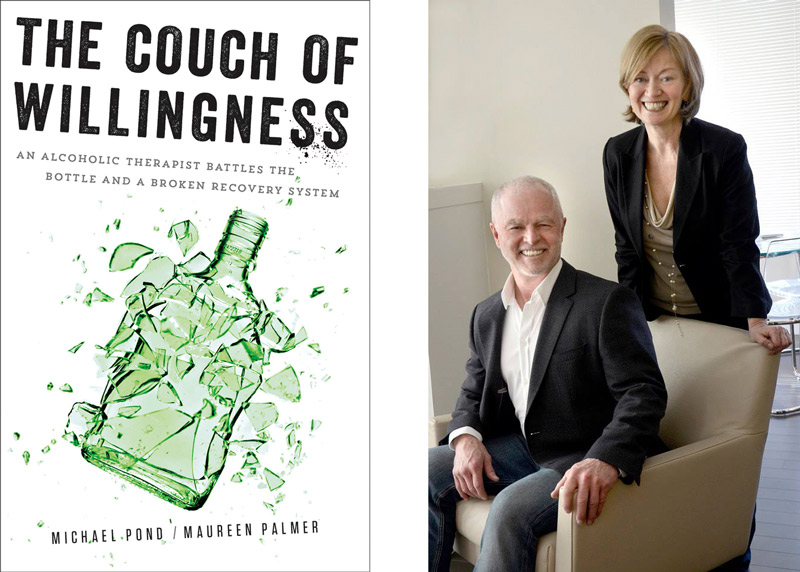We’ve all heard stories of writers who self-published a book and went on to sign a big deal with a major publisher. One of the most famous examples is Amanda Hocking, a thirty-something paranormal romance writer who self-published nine books that sold over a million copies. She then signed a four-book contract with St Martin’s Press. But her story isn’t typical. In this post we’ll explain whether self-publishing can lead to a book deal, and when you might want to consider seeking out a publisher.
If your preference is to find a traditional publisher
First, if you really, really want to work with a traditional publisher, we don’t recommend that you self-publish in order to find one. To self-publish well takes a tremendous amount of work, and there are no guarantees that once your book is available, a publisher will notice it and make you an offer. In fact, that doesn’t happen often. So if you dream of working with a publisher, focus your energy on finding one. Edit; revise, revise, revise; write the strongest possible proposal and query letter; and do tons of research to target the right agents and publishers. That will be a better use of your time than embarking on self-publishing your manuscript in the hope that it will land you a deal.
If your book is wildly successful, publishers will find you
Sisters Janet and Greta Podleski self-published their first cookbook, LooneySpoons: Low-Fat Food Made Fun, under the imprint name Granet Publishing in 1996. It sold an extraordinary 850,000 copies. Since then, they’ve self-published three other books with equal success. When an author can prove through sales that they have a massive audience, publishers will pay attention. It’s less risky for them to take on a known quantity than to try to build a readership for somebody new. In fact, if your book is wildly successful, publishers will probably come to you. You can bet the Podleskis have been approached many times by publishers who’d like to work with them. It’s these kinds of authors who are most likely to get a book deal after self-publishing.
There’s such a thing as too successful
There is a tipping point by which publishers may no longer be interested in your self-published book. If it’s done phenomenally well, a publisher may be concerned that you’ve exhausted the audience for it. This is particularly a concern for one-off books, where there doesn’t seem to be potential for a series or books on a similar topic (e.g. a memoir about your once-in-a-lifetime experience may not have an obvious follow-up). That tipping point doesn’t have a clear definition: it’s different for every publisher. They’ll weigh factors such as: how many copies you’ve sold, how large the potential audience seems to be, whether there are additional countries in which they might be able to sell the book that you haven’t been able to access, whether you’ve covered most of the major media already or there might be room for additional media coverage, and whether you have ongoing events where books might be sold.
Our clients Michael Pond and Maureen Palmer self-published their memoir, The Couch of Willingness, with the support of Page Two. It was by any measure a success. It spent three months on the B.C. bestseller list. The National Post published an excerpt, and dozens of media across the country interviewed Michael and Maureen. Greystone Books has since acquired the rights to publish a new edition of the book, which they are repackaging under a new title. One of the key factors in that decision was the fact that the book hadn’t yet sold in the United States, so it had significant untapped sales potential.
Modest sellers may find a home with a small press
Let’s say you self-publish your book and it does moderately well. You sell a couple of thousand copies, you get some nice reviews on Amazon, some strong media hits, and a few endorsements from big names in your subject area. That won’t be enough to attract the interest of a large publisher, because you won’t have proven that there’s a large enough market for it. However, a smaller press may be interested, if you can prove that you haven’t exhausted the market for your book. And if you’ve only sold a few hundred copies to friends and family, and not received much interest otherwise? Your shot of getting a deal is neglible.
Why work with a publisher if you’ve been successful on your own?
One of the big reasons self-publishers can end up approaching publishers is for sales and marketing support. It can be tiring to sell and market your own book, and a publisher can support your efforts without your having to foot the bill. Keep in mind, however, that publishers expect authors to act as marketing partners. That is doubly the case for self-publishers with proven connections with their audience. Once you sign a book deal, you’ll still be expected to do some of the things that made you successful in the first place: organizing and attending events, conducting webinars, being active on social media, soliciting word of mouth from your network, and so on.
Another reason some self-publishers hope to land a book deal is that a reputable publisher may be able to reach a broader market that you can yourself. It’s easy enough to sell a book online, but it’s tough for most self-publishers to access the full “trade”: the bookstores, libraries, wholesalers, grocery stores, and other retailers that display and sell physical books.
Don’t hesitate to get in touch
If you need help navigating your various publishing options, don’t hesitate to get in touch.




